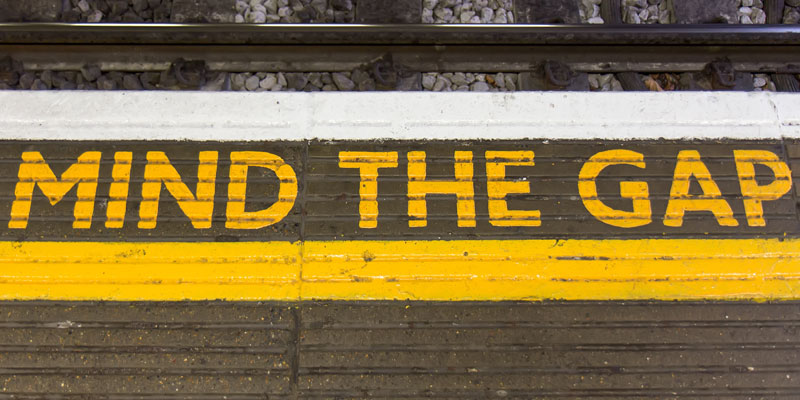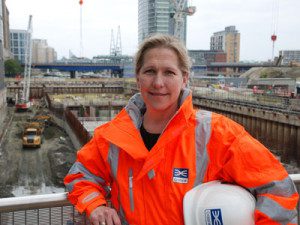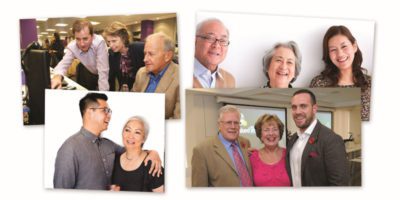Tricia Riley is HR Director for Transport for London (TfL) and London Underground. Prior to this she has worked in HR roles for Northern Rail, Eurostar, Burger King, Eastern Infrastructure and British Rail. Tricia is responsible for overseeing the recruitment of 200 new graduate trainee roles for 2015 (up from 130 in 2014) to help London’s transport network serve a population that’s set to increase by 1.6m people between now and 2030.
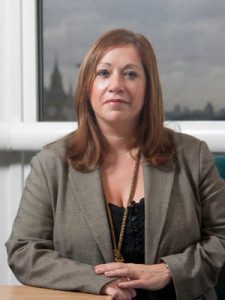
“…We’re always looking for new talent at TfL and are ambitious about increasing the number of women joining us…”
Please can you tell us about your role at TfL?
As HR Director at Transport for London, I am responsible for the successful delivery of the People Strategy across the TfL businesses, including its organisational effectiveness and design, people development, employee engagement, reward and recognition, strategic resourcing, employee relations as well as the HR shared service centre and HR business partner delivery model.
Why are new graduates central to TfL’s commitment to keeping London working and growing?
At TfL, we’re committed to developing future talent. Graduates bring fresh ideas and an innovative outlook. We’re currently undertaking a number of vital projects such as the Victoria station upgrade, Northern line extension and our £4bn Road Modernisation Plan. Our graduates are contributing a great deal to these projects. Our schemes are varied and essential in developing critical skills such as innovation and problem solving, which benefits our business as well as the engineering and transport industry.
What roles will the trainees be working in?
We have 20 graduate schemes including engineering (mechanical, electrical, civil, software), quantity surveying, transport planning, road space management, project management, customer experience, and marketing and communications. Graduates have the opportunity to move into a variety of positions within their discipline at the end of their scheme, which range from working on the upgrade of the Underground to cycle safety.
In September 2014, 30% of TfL’s new graduates were women. Are you looking to increase this figure for 2015 and if so, how?
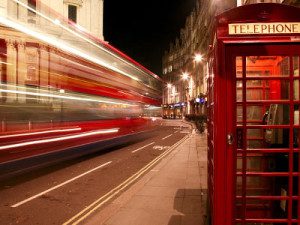
We talk to girls before they become graduates. A good example of this is our primary and secondary school Inspire Engineering activities at the London Transport Museum. Recently we saw more than 400 secondary school girls take part in our one day engineering workshops as part of the first National Women in Engineering Day.
Our approach for graduate recruitment is to invite senior female role models to campus events, use quotes from women in advertising, and ensure strong female representation at assessment centres. Here we focus on strength based and situational assessments, which have been shown to have a positive impact on traditionally under-represented groups, including women.
We work with Bright Futures to promote our graduate, summer placement and ‘Year in Industry’ schemes. This gives us the opportunity to host events organised by student unions and specifically target female students.
This year TfL is celebrating 100 Years of Women in Transport. These celebrations were launched at London’s City Hall in November and are being led by us with support from an alliance of organisations. Our campaign focuses on the contribution that women have made to transport – we’re profiling 100 women, some of which drove buses for the first time during the First World War – and supports women in the transport industry today and inspires the next generation of women.
All of these initiatives will help us increase the number of female graduates we welcome next year.
What benefits does a gender balanced workforce bring?
The biggest benefit is a wider pool of talent, which puts us in a stronger position to grow and respond to the needs of customers. There’s strength in diversity. Having a gender balanced workforce improves decision making and business performance and creates a positive environment for everyone. Representation of women at senior levels in TfL is currently 23%, an all-time high, which we continually seek to improve.
Research shows that there is a strong correlation between an organisation’s competitiveness and recruitment of female talent. Catalyst found that companies with high-level female representation on boards significantly outperformed those with sustained low representation by 84% on return on sales, 60% on return on invested capital, and 46% on return on equity.
The Women’s Business Council predicts that women could add 10% – that is over £150bn – to the UK’s GDP by 2030 if all the women that wanted to work were employed. Let’s make it happen.
What policies does TfL have in place to help retain female talent in the workplace at more experienced levels?
Women are in senior roles across all areas of our business including frontline operational, engineering, construction, technology, HR, finance and commercial. Our policies protect everyone at TfL, including women. These include equality and inclusion, harassment and bullying, learning and development, reward and recognition, and work-life balance.
These all ensure that women can develop and progress within a welcoming and inclusive environment. Our Women’s Staff Network Group is critical for providing additional support and addressing concerns.
How do you think we can encourage more girls to study STEM subjects?
The industry needs to work with schools to engage girls, their parents and teachers more. A great way to do this is by raising the visibility of female role models to inspire girls and demonstrate how rewarding and fulfilling STEM subjects and careers can be. At TfL, we encourage our female staff to be role models and active members of organisations like STEMNET, Women’s Engineering Society, Women in Science and Engineering and Women’s Transportation Seminar.
There also has to be an increased partnership between education and business so that we can overcome traditional stereotypes about STEM subjects and careers in transport being male dominated. At schools this has the added benefit of boys seeing more female role models, which is a key objective for the TfL School Skills Programme.
We are also a non-financial engineering sponsor of the Royal Greenwich University Technical College (UTC) where we work with them directly to provide technical expertise through demonstrations and supporting the curriculum for students.
It’s been great to see National Women’s Engineering Day grow from strength to strength making engineering visible and attractive to girls and encourage them to study STEM subjects.
We have also joined the Government’s Your Life Campaign, which aims to make the most of all talents and to grow the number of women in science, technology and engineering.
What advice would you give you to girls and women considering roles at TfL and London Underground?
No other city is as defined by its transport system as London, with its iconic red buses, black cabs and Tube trains instantly recognised the world over. TfL is an exciting business that is constantly looking at new ways to keep London moving such as Night Tube and contactless payments. It is an organisation where women can make a difference to the lives of millions of people through their work, whether that’s through customer service, engineering, project management or marketing.
There’s never been a more exciting time for women to join our organisation. If you want to be part of the biggest engineering project in the world right now – Crossrail – take a look at our opportunities. We offer an incredible range of experiences and career development and have a rich history of women contributing to our success.
http://www.tfl.gov.uk/graduates
https://twitter.com/tflofficial
https://www.facebook.com/transportforlondon

